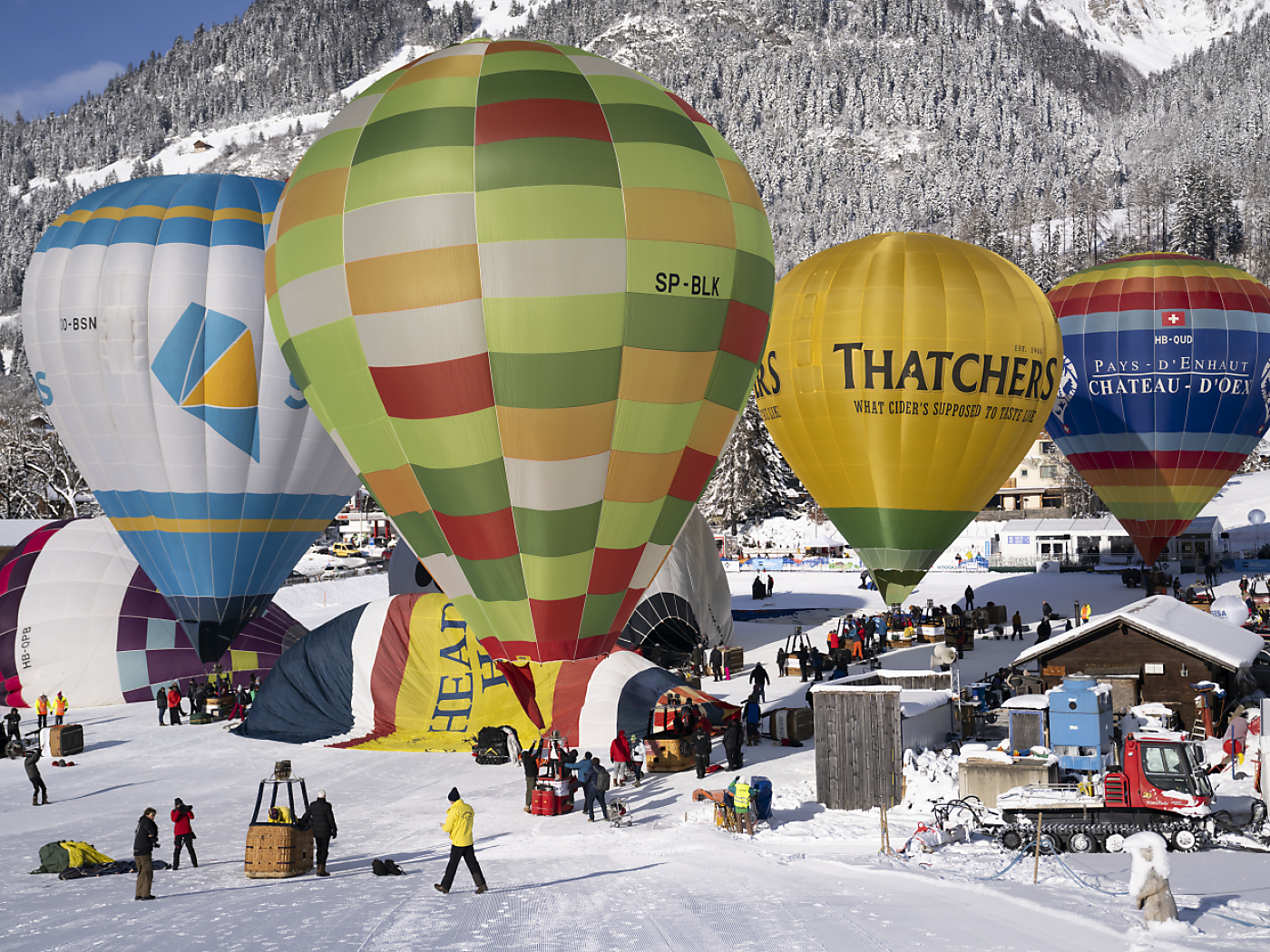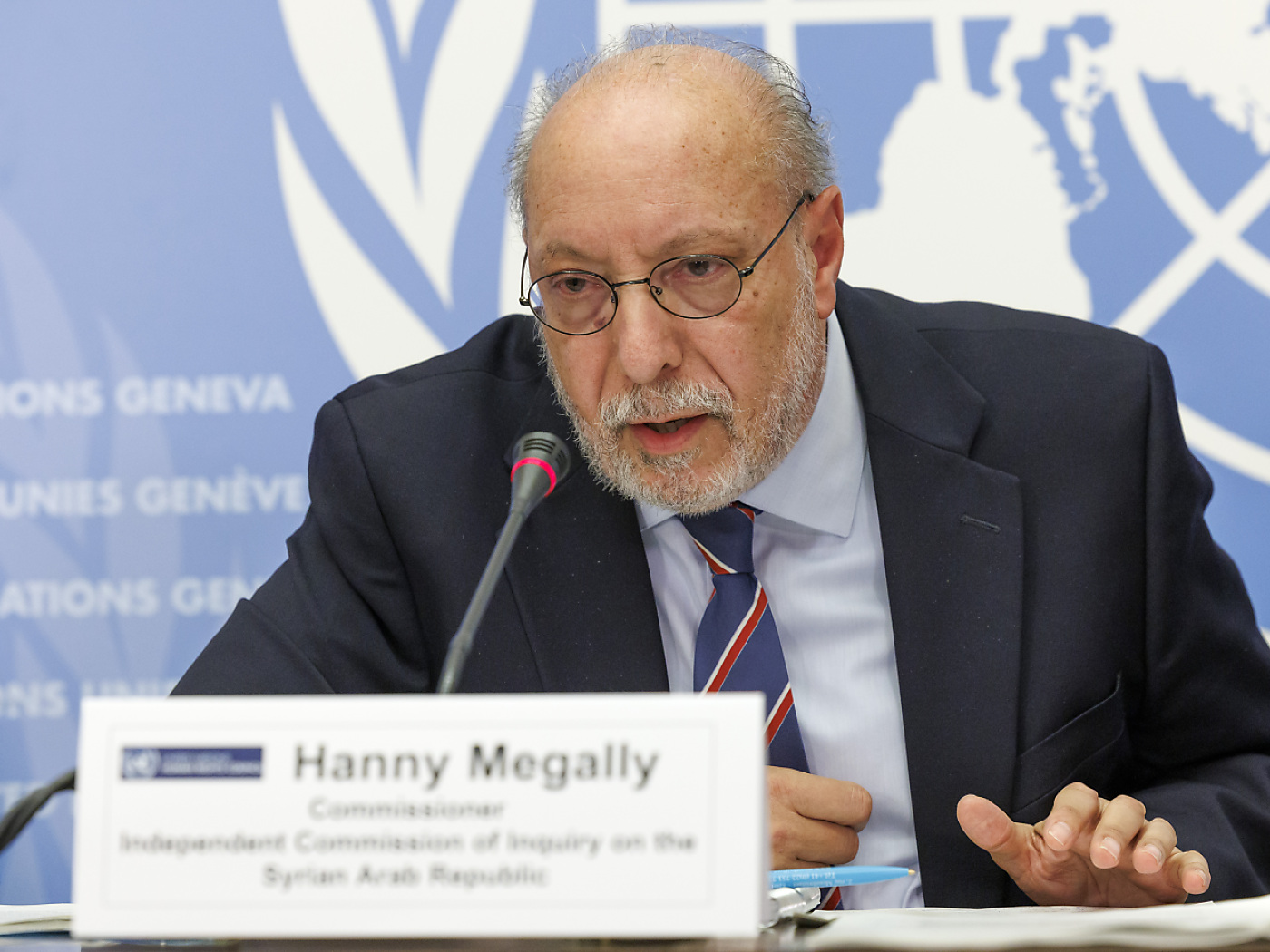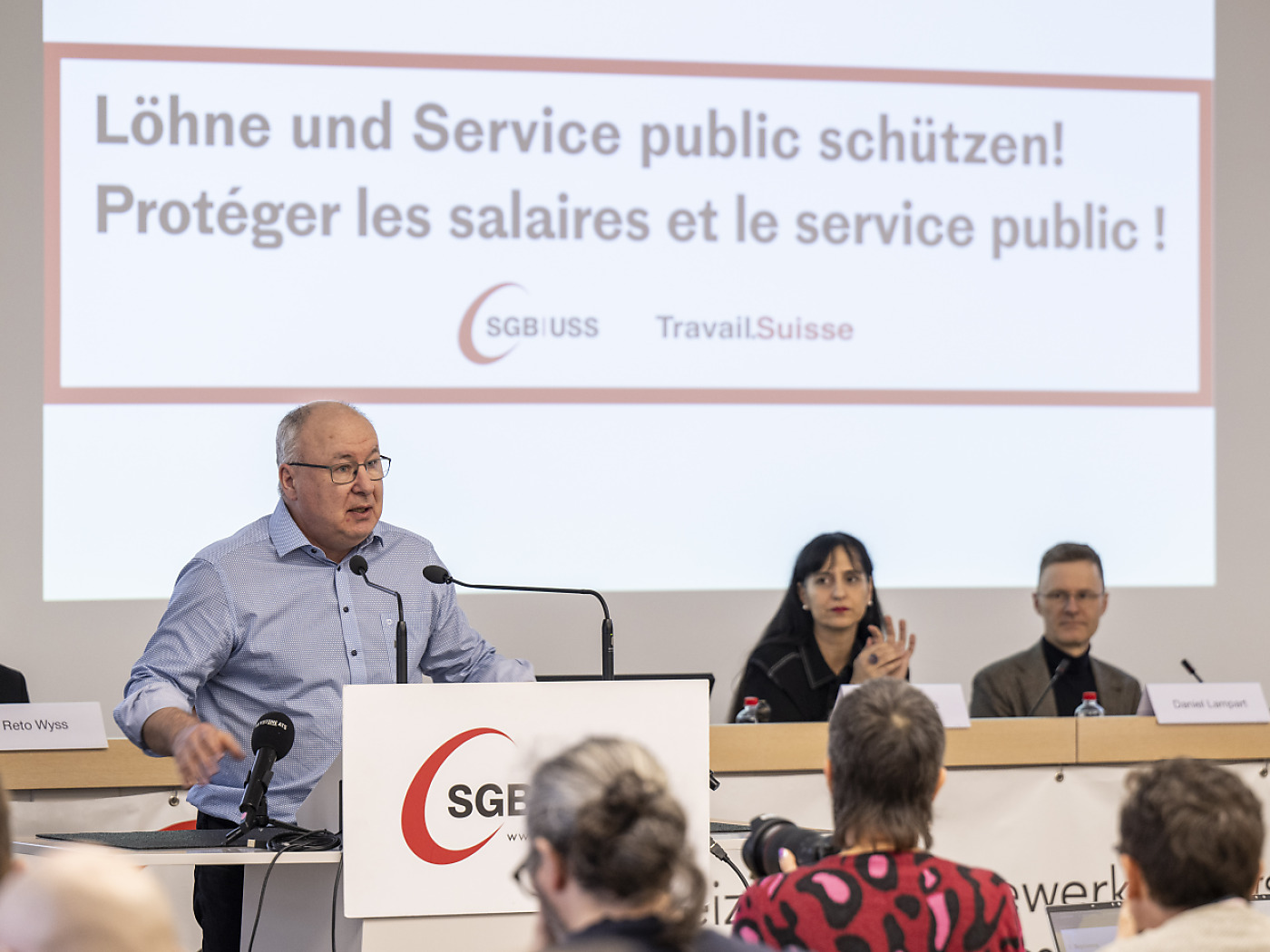Brussels MP: EU hoped for more from Swiss negotiating mandate

EU parliamentarian Andreas Schwab has reacted cautiously to the announcement that the Swiss Federal Council – the government – plans to draw up a new mandate for negotiations with Brussels, SRF public radio reports.
The government wants to carry out preparatory work for possible negotiations with the European Union (EU) and is having a negotiating mandate drawn up for this purpose. Negotiation points include – among other things – access to the European electricity market, rules to protect Swiss wages and research collaboration.
After Switzerland broke off negotiations for a framework agreement in 2021, it is now taking a step towards a new contract. On the EU side, however, the hope was for more, says Andreas Schwab, who sits in the EU Parliament for the European People’s Party.
+ Swiss-EU relations: Bern prepares for a vacuum
The German is responsible, among other things, for parliamentary relations with Switzerland. In this role he does not negotiate, but he is well informed. Schwab says he is pleased that the Swiss government wants to negotiate with the EU.
Brussels wanted more
In the conversation, however, it also becomes clear that Brussels had hoped for more than the Federal Council communicated on Wednesday. Schwab said it was a similar situation in 2014.
“That is why it is now particularly important that what is set out in this document results in a negotiating mandate that is ultimately actually implemented by Bern.” Nice words have already been exchanged enough, Schwab says.
The EU wants commitment. The results of the preliminary negotiations, i.e. the exploratory talks, were recorded in a joint paper. However, the Federal Council did not commit to this on Wednesday. The EU was hoping for such a commitment, in writing and ideally also publicly.
+ EU Parliament calls for more trust in Swiss-Europe relations
“I don’t know why the Federal Council doesn’t mention this,” says Schwab, “perhaps it’s so clear for the Swiss side. In any case, it is clear to us in Europe that the explorations were the prerequisites for new negotiations.”
According to Schwab, the results of the explorations make it clear “where there are still opportunities for the EU to compromise and, on the other hand, where the EU is relatively clear”.
Basis for negotiations
Even without a commitment from the Swiss government, the EU is likely to use the outcome of the preliminary negotiations as a basis for negotiations. The Federal Council does not currently want to publicly declare this, also because there is great pressure at home – for example from trade unions – not to simply accept the results of the exploratory talks.
The reluctance can be interpreted as a rejection – or as a ploy to leave more room for manoeuvre in the actual negotiations. Both indicate that tough talks are likely to take place again.
This news story has been written and carefully fact-checked by an external editorial team. At SWI swissinfo.ch we select the most relevant news for an international audience and use automatic translation tools such as DeepL to translate it into English. Providing you with automatically translated news gives us the time to write more in-depth articles. You can find them here.
If you want to know more about how we work, have a look here, and if you have feedback on this news story please write to english@swissinfo.ch.

In compliance with the JTI standards
More: SWI swissinfo.ch certified by the Journalism Trust Initiative



















You can find an overview of ongoing debates with our journalists here . Please join us!
If you want to start a conversation about a topic raised in this article or want to report factual errors, email us at english@swissinfo.ch.